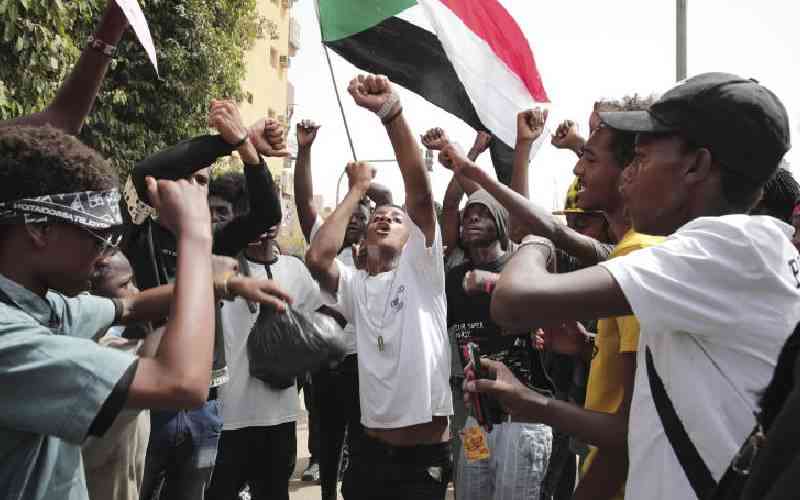×
The Standard e-Paper
Home To Bold Columnists

The dynamics of the conflict between the Sudanese Armed Forces (SAF) and the paramilitary Rapid Support Forces (RSF) in Sudan, that began in April 2023, have evolved intensely as other armed groups engage actively in the fighting by supporting either SAF or RSF.
Despite multiple mediation initiatives since the early days of the conflict, both sides seem determined to secure decisive military victory.